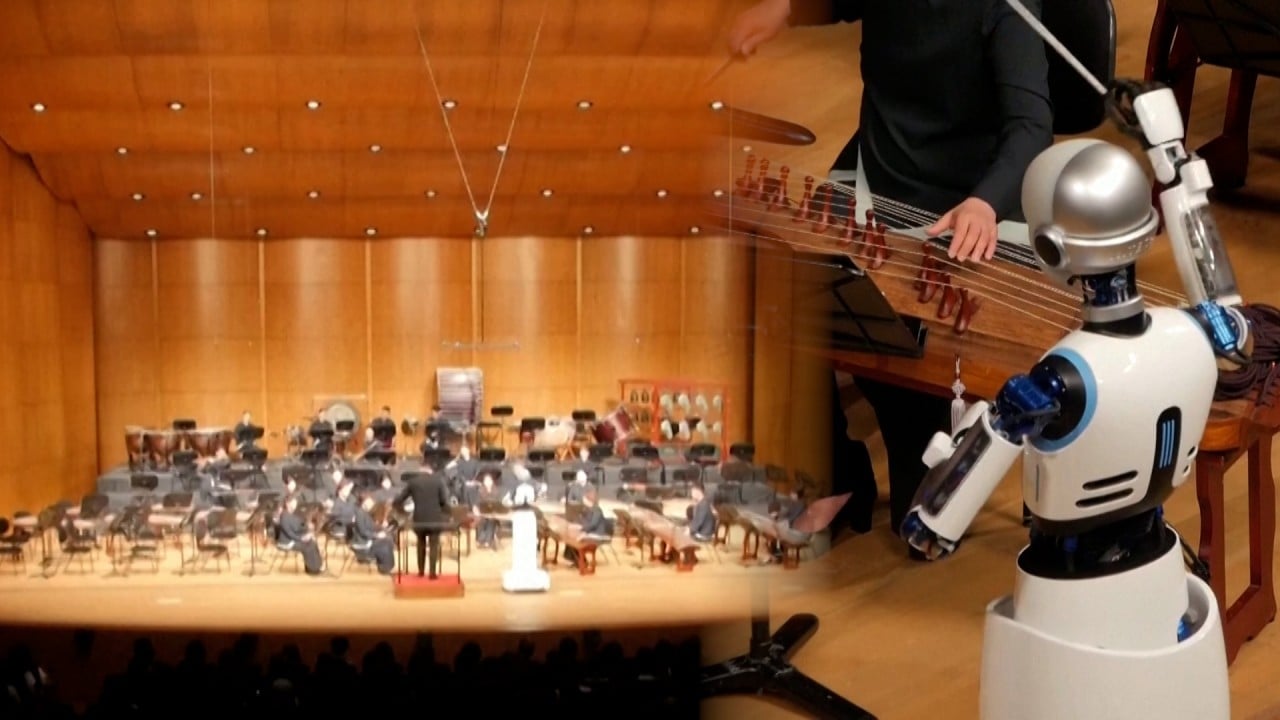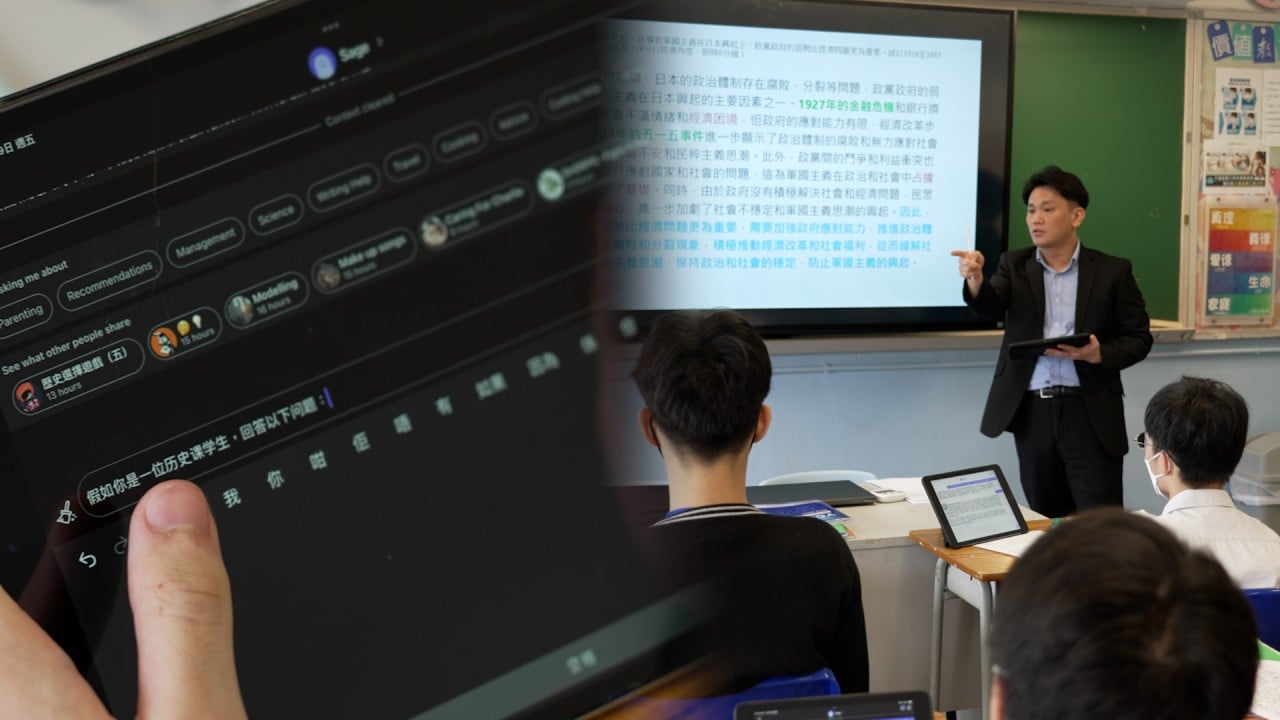To that end, I propose six maxims. The first is a famous quip attributed to the Carthaginian general Hannibal: “I shall either find a way or make one.” AI can help us find paths that we couldn’t see before. It can help us make new ones through the force of human creativity. Tools like ChatGPT, Copilot and Pi are trained on material by and about people. Far from replacing us, they extend us.
Imagine finding a previously indiscernible thread of insight that runs through Caravaggio, Rousseau and Vivaldi; or a thread tying together the ingredients you just happen to have in your kitchen. A vast collection of human creation and past contributions hangs before us like an expanding tapestry. We now have the tools to do more with it than any previous generation ever could.
The second maxim is: “We are symbols, and inhabit symbols”. That is how Ralph Waldo Emerson described our use of language to comprehend, explain and shape the world. Humans have always relied on tools. That is what symbols are. They enable us to create things that did not exist before. Consider the griffin, with the head and wings of an eagle and the body of a lion. It is a human creation that reflects some reality we want to see in the world.
True, many imaginative creations – from Mary Shelley’s monster in Frankenstein to James Cameron’s killer cyborg in Terminator – are meant to be cautionary. We naturally feel fear when initially encountering “the other”. But the griffin reminds us we can convert fear into a sense of majestic possibility.
The third maxim is to build cathedrals, as these ennoble our efforts and turn mere groupings of humanity into fellowships. Actual cathedrals are some of humankind’s most awe-inspiring creations.
Such projects require many sets of hands, working in concert across regions, disciplines and even generations. Scientific discoveries and technological innovations are stones in the cathedral of human progress.
The fourth maxim is that we must take small risks to have any hope of navigating the big ones. Rather than trying to eliminate risk altogether, we ought to welcome challenges that could bring failure, because these create opportunities for iteration, reflection, discussion and continual improvement.
Ultimately, we will get better regulation when these technologies have been deployed widely, allowing more people to integrate them into their lives.
The fifth maxim is that technology is what makes us human. If we buy into the notion that AI is the antithesis to humankind’s thesis, we will anticipate a future of half-human, half-machine cyborgs. But that is not really how it works. The combination of thesis and antithesis leads to a new thesis. The two evolve together. The resulting synthesis is a better human.
Moreover, AI may help us become more humane. Consider how responsive, present and patient conversational AI models and chatbots can be. These features could have a profound impact on us.
The sixth and final maxim is we have an obligation to make the future better than the present. Imagine a digital doctor or tutor in everyone’s pocket. What are the costs of that happening later, rather than sooner?



